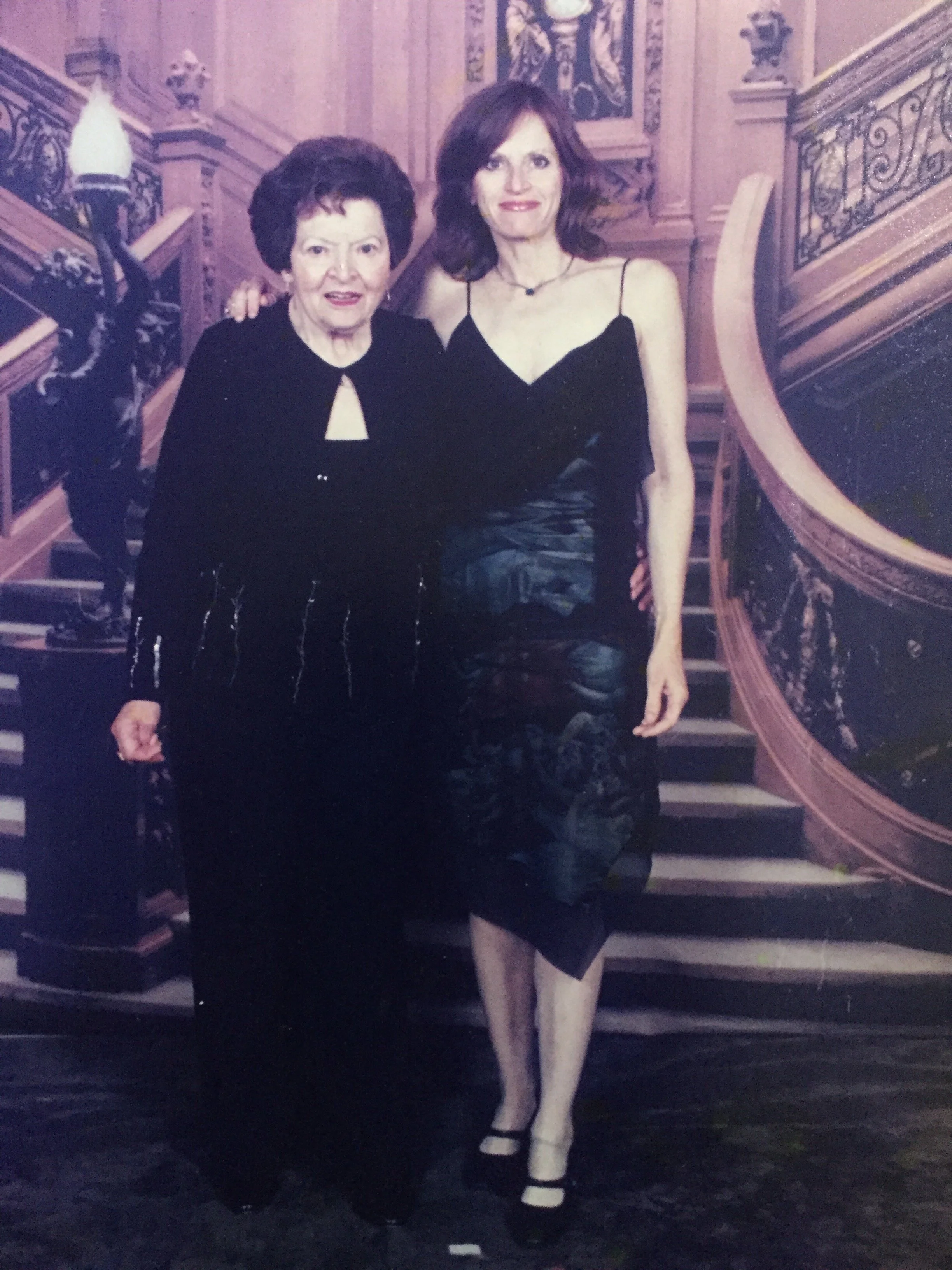Around 30 years ago I read an article that said the average person in the workforce would have seven different jobs. If that’s still the case, I’d posit a more expansive theory: we should have as many “lives” as our experiences take us to and we should stop defining ourselves or others in terms of work, social media presence/visibility or some other harsh judgemental metric.
Read MoreWhen I was in high school, Henry David Thoreau’s Walden was required reading. It was the late 1960s and everybody seemed to embrace his two word mantra-command: “simplify, simplify.” The concept is aspirational to caregivers because any wasted effort is energy taken away from our caregiving duties, and our general well-being. There may be some folks who have minds that run like computers and may not relate to feeling time-pressed and overwhelmed. But for the rest of us, the worry and demands that are part and parcel of caregiving can easily lead to having an perpetually unhealthy state of mind.
Read MoreBeing someone who prided herself on being the Energizer Bunny — or so I was told by family, friends and work colleagues—it shocked me that by 8:00 p.m. I had to fight off the extreme urge to be horizontal, preferably on a soft non-injury-causing surface preferably my bed. My body was saying "enough!” The demands of caring for Mom and working full time created a new kind of fatigue, the kind toddlers feel when resisting a much-needed nap.
Read MoreKnowledgeable caregivers who are responsible for folks with dementia know that many daily living tasks the rest of us think of as easy and rote are overwhelming and confusing to them. Such tasks include but are not limited to toothbrushing or dressing or any daily living activity having component parts to it.
Read MoreI recently had a revelation of sorts. I was a guest on a podcast called Hope for the Caregiver. The host, Peter Regensberger described his show as being for all kinds of caregivers whether they were caring for an elderly parent or an adult or child who may have a mental or physical infirmity. But shouldn’t we extend it even further. Isn’t a caregiver anyone who gives or provides care? In which case, doesn’t it also make sense to define a caregiver as someone may have provided care to any other person past or present. (Once a caregiver, always a caregiver. )
Read MorePerhaps nothing can teach an adult child as much about life and their aging parent than moving in with, and taking care of that parent, which is what I did for six years. It’s also the basis of my humorous self-help book, Why is Grandma Naked? Caring for Your Aging Parent, coming out March 16, 2021 on Amazon as an ebook and paperback. As the daughter who saw Mom the most and who lived nearby, I thought I knew as much as any adult child could about a parent before I moved in. After all, I’d heard all her childhood stories more than once and that was even before she declined to the point where she’d forgotten which daughter she’d told which story to or forgot she’d told any of us that story.
Read More






